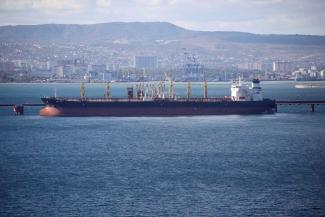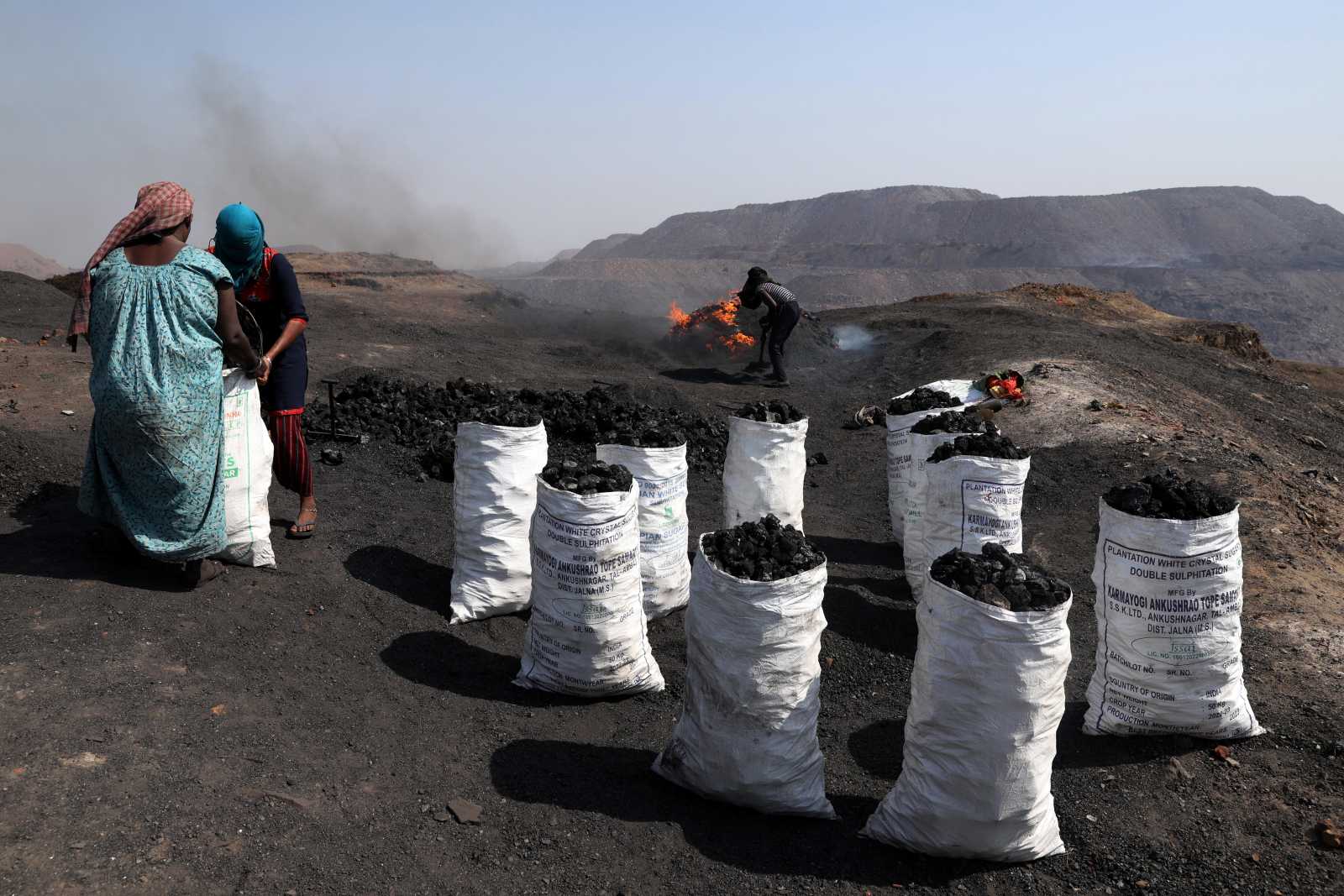Energy prices
Oil price back to pre-war level

After the Russian invasion in Ukraine the oil price exceeded $ 120 per barrel last year. At around $ 80 now, it has dropped to pre-war levels again. This trend needs to be explained.
Russia used to be an important energy supplier for Europe. Last month the EU’s full oil embargo against Russia took force. Moreover, the G7 (Group of the world’s seven largest western economies) has adopted a $ 60 price cap on Russian oil. Generally speaking, both measures impede Russian oil sales on the international markets and thus put oil supply under pressure. Normally, a further price hike would be expected, but that has not happened so far.
Since the beginning of the war, crude oil prices increased rapidly, further fueling inflation. To counter the trend, US President Joe Biden released a significant amount of the Strategic Petroleum Reserves. That move stopped the price hike and reduced supply shortages. In the meantime, oil production in the US has recovered from the Covid-19 slump, easing price pressures. The US is refilling its strategic reserve and exporting fossil fuels. As a result, European economies were able to close their demand gap by importing from the US.
However, many countries are not taking part in western sanctions. They import energy at discount prices from Russia, which reduces the international price pressure. The main importers are not European countries anymore, but rather China and India.
How Russian oil gets into the west
Via considerable detours, Russian oil is still flowing to western countries however. Russian oil is only banned, if it is purchased under the minimum price set by the G7. Moreover, the original source of crude can be hidden, for instance by loading the commodity onto different tankers at foreign ports. According to Bloomberg, a Russian shadow fleet is in the making. Moreover, when foreign refineries blend Russian oil with oil from other countries to produce fuels, their location becomes the legal place of origin. Apparently, Indian companies find this business model quite interesting.
Due to exceptional discounts and the extended shipping routes, Russian export revenues from crude have gone down significantly. The export volume, however, is basically stable.
Oil price developments remain hard to predict
In November 2022 OPEC+ (the Organization of Petroleum Exporting Countries and its allies) decided to reduce oil supplies. Concerns that this decision would trigger a price hike, turned out to be wrong. Indeed, global oil demand decreased in the fourth quarter of 2022, just as OPEC+ had anticipated.
There were several reasons. Pandemic impacts are still a drag on the global economy. Moreover, recent interest rate increases in the US and Europe are slowing down consumption, which weakens the economy and reduces oil demand. The interest rate adjustments are designed to fight inflation, yet could cause a recession. So far, the economic outlook for the US looks good as the labour market has been quite resilient. Accordingly, oil demand is likely to increase. As oil production forecasts for the US are higher than initially expected, US demand will most likely be covered and the international supplies boosted. What impact the current bank-sector turmoil will have on the economy remains to be seen.
Finally, the Ukraine conflict is speeding up Europe’s transition to clean energy. Investments in this sector have increased. Germany aspires to rely fully on renewable energy for electricity supply by 2035. In the long run, this development will dampen oil demand and hence reduce the oil price.
Currently, the oil market seems relaxed, but that can change fast. It is particularly difficult to assess what further impact sanctions on Russia will have. Moreover, the end of China’s Covid-19 lockdowns will most likely lead to an increase in oil demand, which could raise the oil price. Such a turn, however, could be mitigated by OPEC+ production adjustments.
Zohra Cosima Benamar is a PhD candidate in the field of geopolitics and energy policy at the ISCTE University Institute of Lisbon.
Zohra_Cosima_Benamar@iscte-iul.pt















